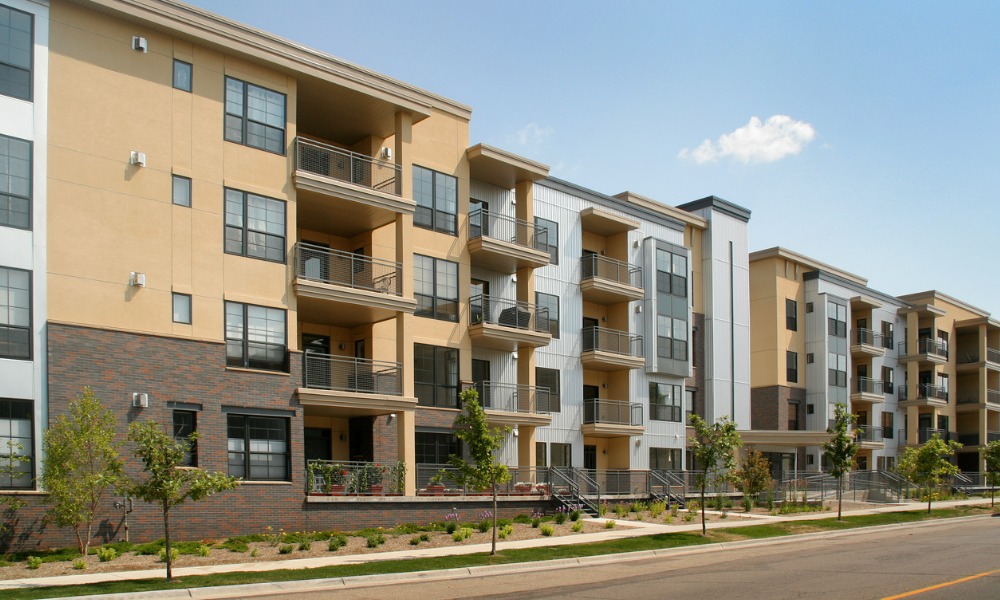Tenants urge government to impose rent freeze

Quebec tenants could see substantial rent increases this year, according to new guidelines by the province's rental tribunal, the Tribunal administratif du logement (TAL).
These annual calculations provide landlords with recommendations for determining rent increases based on expenses related to their properties.
The proposed increases are highest for tenants in units where heating is excluded, with a 5.9% rent spike in the cards, up from last year's 4% average. For instance, a tenant paying $1,200 per month could see their rent increase by $70.
For those in units where heating is included, the adjustment varies depending on the energy source: 5.5% for electric heating, 5.0% for natural gas, and 4.1% for heating oil.
TAL’s recommendations are intended to guide landlords in determining rent adjustments for leases beginning between April 2, 2025, and April 1, 2026.
A digital tool is also available to help tenants and landlords negotiate rent agreements. If a tenant rejects an increase, landlords have the option to apply to the TAL for lease modifications within a month of receiving the tenant’s refusal.
Rising costs fuel debate
The potential rent increases come amid broader concerns about housing affordability in Quebec, particularly in Montreal.
Canada Mortgage and Housing Corporation (CMHC) reported that rents in Montreal rose by an average of 7.7% in 2023, with a 10% increase for units rented to new tenants.
Critics argued that TAL’s calculations fail to address affordability issues. The tenants' rights group RCLALQ stated that the guidelines contribute to housing insecurity for many residents, especially those with low incomes. The group called for a change in how TAL determines its recommendations, emphasizing the strain these increases place on tenants.
Amy Darwish, of the Comité d'action de Parc-Extension, echoed these concerns, describing the 5.9% increase as unsustainable for many tenants. She urged the Quebec government to impose a rent freeze and implement long-term solutions like a lease registry and rent ceiling.
Landlords cite inflation
Landlord representatives, however, argued that the increases are necessary to offset rising expenses.
Eric Sansoucy of the Corporation des Propriétaires Immobiliers du Québec said that property owners have faced escalating costs in recent years, making the TAL’s guidelines essential for maintaining operations.
Housing minister France-Élaine Duranceau emphasized that increasing housing supply is key to addressing affordability.
She noted that 24,000 housing units are currently under construction across the province. Duranceau also highlighted the TAL’s independence in setting its guidelines, stating that the recommendations are based on economic data and calculated autonomously.
"The real solution to this is to increase the offer of any type of housing units," she said, acknowledging the financial challenges facing many tenants.
Do these rent increases strike the right balance between tenant affordability and landlord costs? Share your thoughts below.



